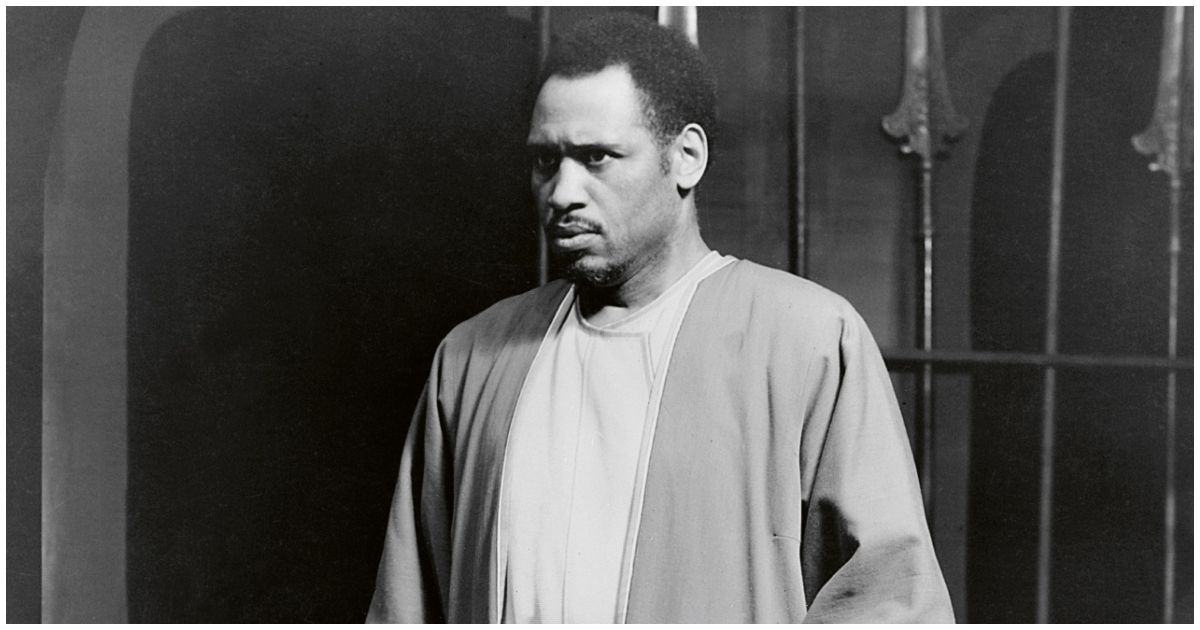Paul Robeson, a trailblazing African American artist and activist, is receiving renewed attention. Sony Classical has released a groundbreaking 14-CD set featuring Robeson’s complete Columbia, HMV, and Victor recordings from 1925 to 1947. This collection includes 25 previously unreleased studio recordings, offering a comprehensive look at Robeson’s musical legacy.
Rediscovering a Cultural Icon’s Voice
The new release, titled “Paul Robeson: Voice of Freedom,” aims to restore Robeson’s place in American cultural history. It comes with an illustrated book featuring essays by Columbia University professor Shana Redmond and Robeson’s granddaughter Susan.
Redmond describes Robeson as a “multihyphenate” talent whose charisma “drew hundreds of thousands, if not millions of people to his attention and interest” throughout his career. This collection provides a unique opportunity for modern audiences to experience the full range of Robeson’s vocal artistry.
From Football Star to Broadway Legend
Born in 1898, Paul Robeson’s journey to stardom was remarkable. He attended Rutgers as one of its first Black students and became its first Black football player. During the Harlem Renaissance, Robeson turned to the stage, where his talents truly shone.
In 1943, Robeson made history as the first African American to play Othello in a major U.S. production. The Broadway show ran for 296 performances, setting a record for the longest-running Shakespeare play that still stands today.
A Voice That Moved Nations
Robeson’s singing career began almost by accident. Unable to whistle during a stage performance, a director encouraged him to sing instead. This led to a remarkable vocal career that spanned genres from spirituals to ballads and folk songs.
“This is a voice that caused entire nations to tremble,” Redmond noted. Robeson’s deep, resonant voice and emotive performances left a lasting impact on audiences worldwide.
Activism and Persecution During the Cold War
As the Cold War intensified, Robeson faced significant challenges due to his outspoken activism. He criticized U.S. government policies he saw as racist and imperialist, leading to his blacklisting.
Despite losing concert engagements and having his passport revoked for eight years, Robeson remained defiant. In a notable act of resistance, he performed across the U.S.-Canada border from the back of a pickup truck, reaching thousands of fans gathered on the Canadian side.
Redefining “Ol’ Man River” and Musical Activism
One of Robeson’s most famous roles was in the musical “Showboat,” where he sang “Ol’ Man River.” Initially reluctant to take the part due to its use of derogatory language, Robeson later transformed the song.
By the mid-1930s, he had altered the lyrics to reflect more contemporary concerns and representations of Black experiences. This revised version became inextricably linked to Robeson, showcasing his ability to blend artistry with activism.
A Legacy Renewed for Modern Times
The release of “Paul Robeson: Voice of Freedom” offers a chance to reexamine Robeson’s contributions to American culture and civil rights. It highlights his multifaceted career as a singer, actor, athlete, and advocate for social justice.





